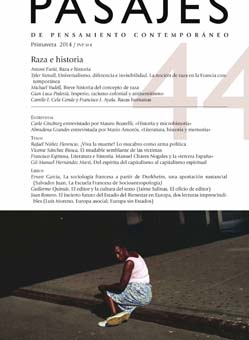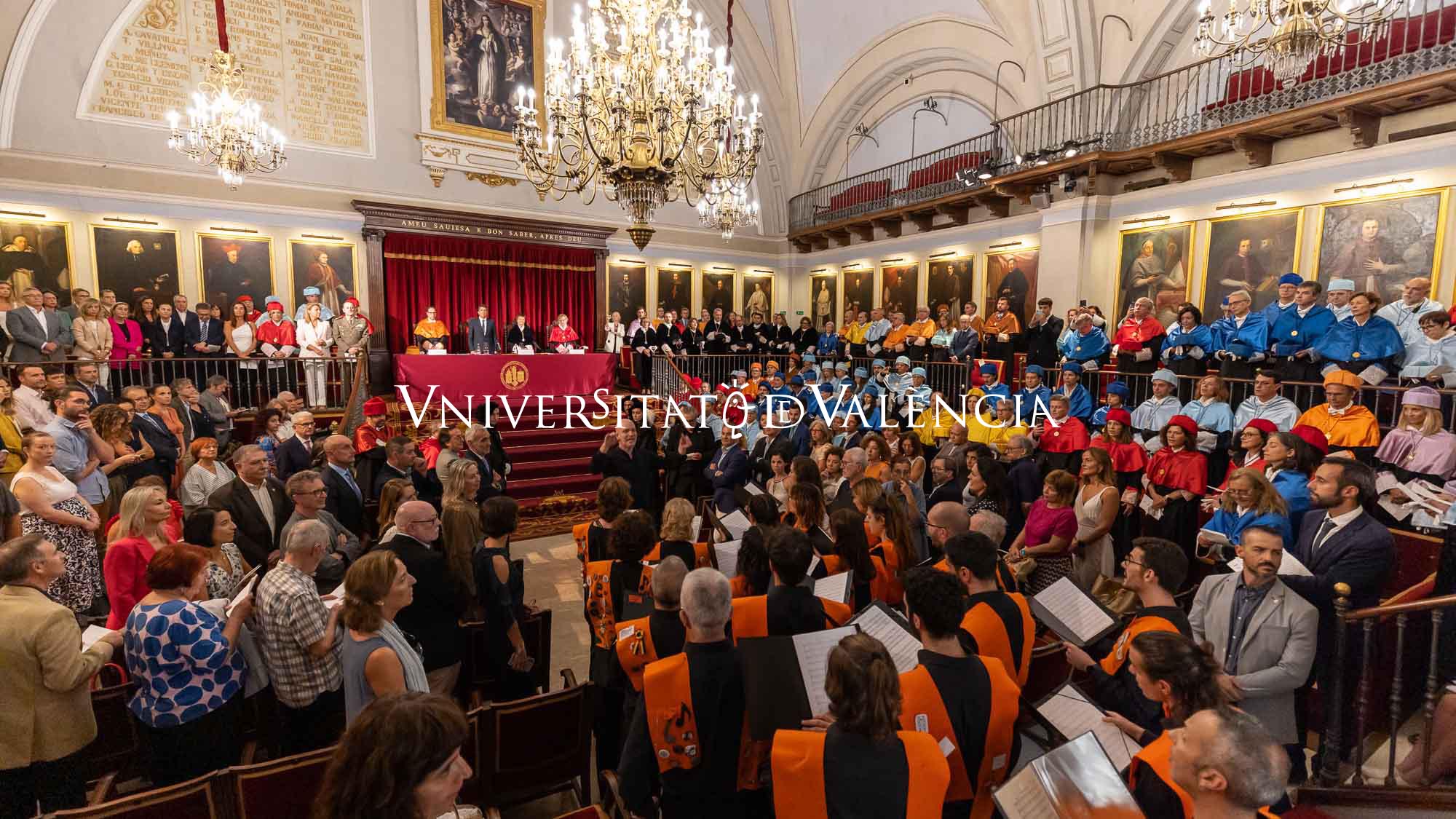
Over fifty years after Clause Lévi-Strauss’ famous and polemic book ‘Raza e historia’ (‘Race and history’), the question is still opened and has gained a new topicality. New authors and research group, and also the dossier which presents the 44th number of ‘Pasajes’, propose to study the pretended scientific basis on the concepts of race, ideological fundaments and economic, social and political motivations for racial prejudices.
Additionally, they research on the gloomy connexions between racism and nationalism - or between racism, religion and colonialism-, concrete significant historical experiences and, in a different line, the vindication or subversive use of ‘race’ and ‘racial difference’ (a stigma before, an identity and resistance sign nowadays) by the ‘racialized’ groups denigrated as inferior and ,as so, discriminated and excluded.
Included in the dossier- in which many historians and scientists participated- we find comprehensive elements, from a race-based perspective, on the perceptions humans and societies have had about themselves and their differences through history and on how they have been used in order to justify the power of some and the submission, discrimination, exploitation and exclusion of others. Within the dossier, we find the collaboration of many such as Antoni Furió, who traces a general pan, the historian Berkeley Tyler Stovall, who analyses universalism and the knowledge and difference of race through France’s historical experience; Michael Yudell, specialist in public health presents a history of the concept of raze, Gian Luca Podestà reveals a little-known chapter: Italian racism and colonialism in Africa and the philosophers and scientists Camilo J. Cela Conde and Francisco Ayala, reaffirm, through renewed scientific basis, the unsuitability of talking about ‘human races’.
On the other hand, the new number of ‘Pasajes’- magazine on contemporary thinking edited by the University of Valencia and directed by Pedro ruiz Torres- interviews Carlo Ginzburg (under Mauro Boarelli’s charge) on history and micro history and Almudena Grandes (by Mario Amorós) on literature, history and memory. Additionally, Rafael Núñez Florencio writes on the macabre as a political weapon; Vicente Sánchez Biosca, on the representation of the victims of the Cambodian genocide; Francisco Espinosa on the political use of Chaves Nogales’ work; and Gil-Manuel Hernàndez on spiritual capitalism.
Finally, Ernest Garcia, Guillermo Quintás and Joan Romero sign work reviews of, respectively, Salvador Juan, Jaime Salinas and Luis Moreno who address topics related to French sociology’s history, the editor’s profession and the future of Welfare State in Europe.
Last update: 27 de september de 2014 07:00.
News release


















